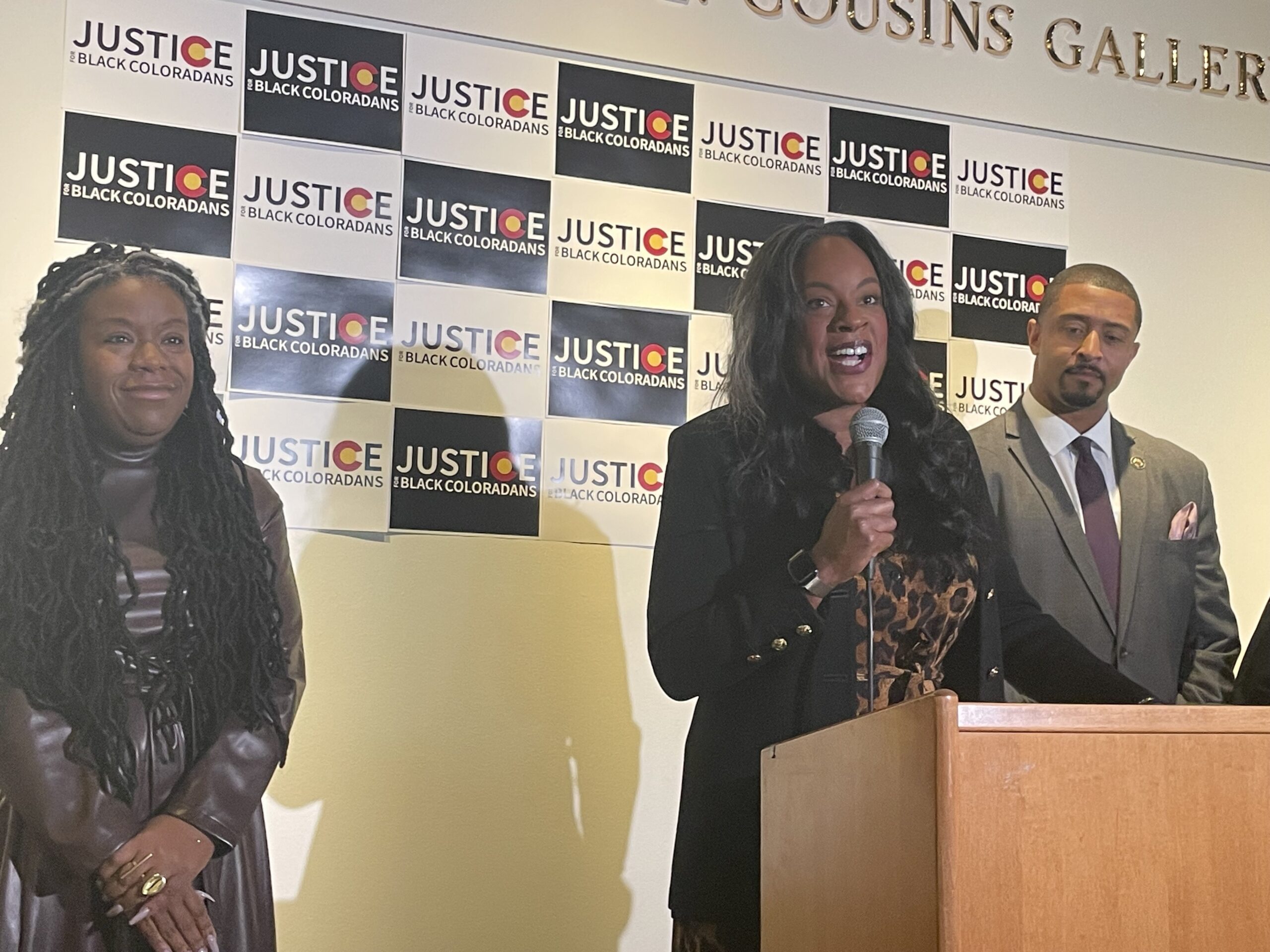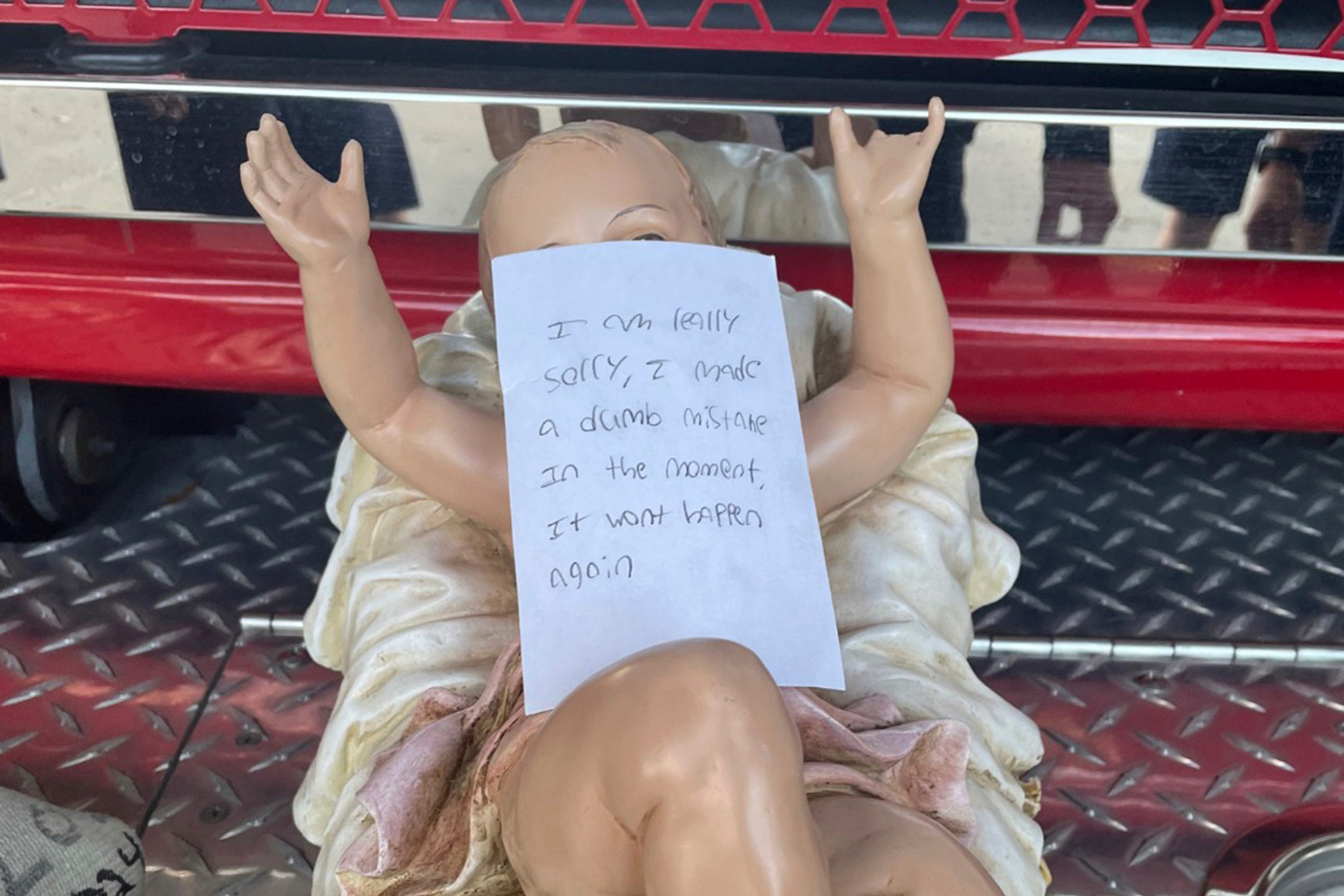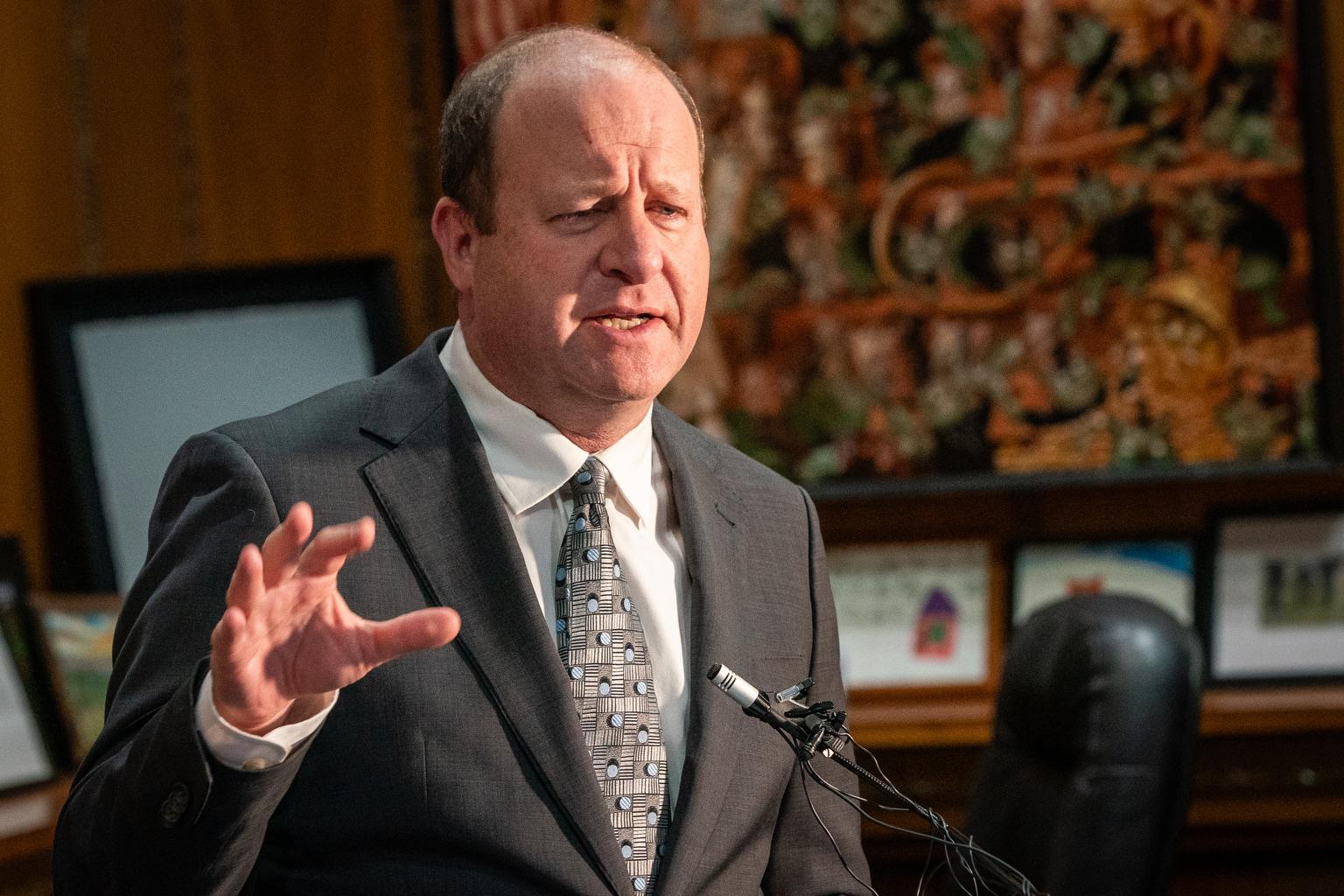
After Colorado distinguished itself this year as one of three states to pass legislation to study the thorny issue of reparations, there’s activity abuzz to hire a leader and staff for the research and to raise funds to pay staffers who will get the study moving.
This year, SB24-053 became law. Sponsored by State Sen. James Coleman, and State Reps. Leslie Herod and Naquetta Ricks, it established the Black Coloradan Racial Equity Study Commission, tasked “to conduct a study to determine, and make recommendations related to, any historical and ongoing effects of slavery and subsequent systemic racism on Black Coloradans that may be attributed to Colorado state practices, systems, and policies.”
Three prongs of getting the study going are underway right now: experts are actively being recruited from around the country to lead and conduct the research; half the nearly $2 million needed for it has been raised; and Justice for Black Coloradans should get its nonprofit status any day, which will allow it to fundraise tax-exempt dollars to stand up an organization focused on the issue, and eventually have its own staff.
“If you guys want to prove that there is a need, you have to be able to prove that there was harm,” is what Sade Cooper, the leader of a non-profit organization that’s been advocating for the legislation, has been told.
Staffing the study
And that’s what the study is trying to do. For starters, in October History Colorado, under whose umbrella the study will be conducted, began interviews for the job of managing four short-term researchers. The research spots will last for three years – two and a half years to determine harms, and an additional six months to delve into economic impact.
Those hired will study the question of whether harm has been done to Black Coloradans who live in a state without a history of slavery.
Co-sponsor Herod said that’s not the only way Black people can be harmed.
“I think there's a big question about if we need this study at all specifically because Colorado has never had slavery. But unfortunately, that is not the only impetus for racism to have been embedded in our laws in Colorado,” she said.
“We had members of the KKK in the highest office here as governor, but also within the state legislature. We've had redlining in Colorado, meaning that Black people couldn't live in certain neighborhoods. And that is a racist policy that was put in place to ensure that we weren't able to build the wealth of our white neighbors. There are a lot of places where we know racism exists or has existed in policy and in practice. We're looking at areas like housing, like education, like criminal justice and things like even obtaining credit and small business ownership to see what we can do as a state to ensure that people do have the equal opportunity to succeed.”
History Colorado is actively looking to hire someone to manage the study researchers.
“We started the first rounds of interviews of those from people across our country, people outside of the United States – internationally – who want to do this work because of how historic it is,” said Cooper, Executive Director of Collaborative Healing Initiative within Communities (CHIC), the key advocate for the study.
Involved with 15 preliminary interviews, Cooper said she’s read the backgrounds of the applicants: one candidate is an expert in the historical cost of Ku Klux Klan-related harms in Detroit; others include labor, law, archival and forensic researchers – one of them applying from Germany. Although the job is no longer posted, it appeared on History Colorado’s website, but likely gained momentum through word-of-mouth, Cooper said.

“I think when that got out, people were like, ‘Well wait a minute. I want to be part of something . . . that would change the trajectory for Black folks here,’” she said.
According to an email from Luke Perkins, spokesperson for History Colorado, the post calling out for researchers will go up next.
Fundraising
The law did not provide funding for the measure, so the costs have to be raised by an outside entity. So CHIC, the 8-year-old, 18-person non-profit that pushed the legislation, is now elbows-deep into fundraising. The organization describes itself as one that “builds women's economic, social, and cultural capital” and “advances race and gender justice in four areas: education, health, wealth, and civic power.”
Now, it’s about halfway done with the task of raising $1.8 million to fund the cost of the study. “We have already raised $907,000 . . . that means we have $800,000 more to raise,” Cooper said.
Dollars – much of it in amounts under $100 – have come from local foundations, nonprofits and congregations. They’ve also been holding fundraising breakfasts and doing public speaking events. At those, Cooper will loosen people’s purse-strings with: “You cannot say you are a supporter of this initiative without putting a five, a ten, or twenty-five dollars near it.”
Became an organization
The third component of momentum for the study is Justice for Black Coloradans stepping out from under the CHIC umbrella and becoming its own stand-alone non-profit organization that would own the issue of reparative capital in Colorado.
Cara Lawrence, who specializes in non-profit law, was brought on to apply with the Internal Revenue Service for non-profit status.
“What we basically did is [spin] it out to become its own independent nonprofit corporation, which it currently is,” she said. “It's been operating already under CHIC, but what this is really doing is giving it its own life to continue on and focus on its own mission; get its own funding . . .
At this point, we're just waiting to hear back from the IRS to get what's called the IRSs determination letter, which will make all the donations to it tax-deductible.”
The R-word
With those three components in motion, Cooper said how far the concept of reparative capital makes it beyond the study phase has been top of mind since a previous legislative effort in 2022 failed to make it into law. She said members of Gov. Jared Polis’ team met with her and advised to remove the word reparations from the bill because using it “is saying Colorado is at fault already prior to a study being done ... and so right now we are using the lingo of reparative capital. Yep.”
The term may be controversial, having the issue of possible hand-outs connected to it, which has often been contentious: what dollar amount would one attach to discrimination? Once the money is gone, if discriminatory practices baked into everyday life are still there, how is there a reparation?
Herod doesn’t mind keeping the r-word out of the equation: “I think as practice, we try to stay away from – I would say – some language that might presuppose an outcome. And so while I believe there has been harm, we have to study the economic impacts of that harm if we even want to have a conversation about something like reparations.”
Herod and Cooper referenced two states they’ve been studying:
- In September 2024, California Gov. Gavin Newsom signed a series of bills to address the legacy of racial discrimination in California and advance issues important to the state’s Black population. Newsom also signed an accompanying “formal apology for California’s historical role in the perpetuation of slavery and its enduring legacy,” according to the governor’s website, which says legislation provides more literature in prisons and more protections for features adjacent to skin color and associated with race, such as hair texture.
- In 2021, Evanston, Illinois became the first US city to begin offering home purchasing assistance to Black residents who lived there between 1919 and 1969 – the year the city banned housing discrimination. Having provided close to 200 residents who’d been subjected to discrimination with $25,000 each in housing relief, the measure is now being challenged as discriminatory against non-Blacks.
Alternatives to hand-outs
Since monetary payments have been one of the sticking points with reparative capital initiatives elsewhere, Cooper said she’s been looking at ideas the researchers can study that are hand-out-free: “I think that we can get very creative to repair in the areas of housing, education, access to capital that does not require payment.”
A few of those ideas that Cooper says could help make Black Coloradans whole:
- Forgivable loans for business capital
- Healthcare bills dialed down to zero
- Higher education for gaining job skills or credentials at no cost
- Relief from punishment for laws disproportionately affecting Black people
Of the last point, “Of course we are addressing the marijuana issue, like the war on drugs in particular: what laws were intentionally targeted that broke up Black families?” said Cooper. “Is there a reckoning or a payment that happens to those families?”
Herod agreed that the criminal justice system has been unfair to Black people.
“We know that Black communities have been targeted and overpoliced and also over-incarcerated. We have more police in our neighborhoods,” she said, adding: “Black folks are less likely to be offered the same deal as our white counterparts [and] more likely to have longer sentences for the same exact crime ... We're also less likely to be offered things like drug treatment programs and veterans courts and things like that.”
Cooper says restorative capital could help level the playing field while allowing Black Coloradans to develop generational wealth by building in safeguards and starting points for those who faced discrimination in the past.
“If you can imagine, like, ‘Oh I can go get my credentialing for free and then if I do want to start a business, I have capital to help me start that business ... but if something happens to my body and I get sick, I don’t ... worry about that,” she said. “What we are trying to create is generational impact here – those are the things I am foreseeing once we have the information.”
At the end of the three-year study, the measure states: “The commission shall submit a report to the general assembly and the governor about the study and make the report available on a publicly accessible webpage of the general assembly's website. The report must include a description of the study's goals, the results of the historical research and economic analysis, and the commission's recommendations. After the commission submits the report, the commission shall work with any parties necessary to implement the recommendations in the report.”
Should that happen, Cooper said: “I would then hope that the state of Colorado reckons with the research, does a public apology of the harms that have happened to Black folks,” said Cooper, “and then we can get to work trying to repair it collectively.”









